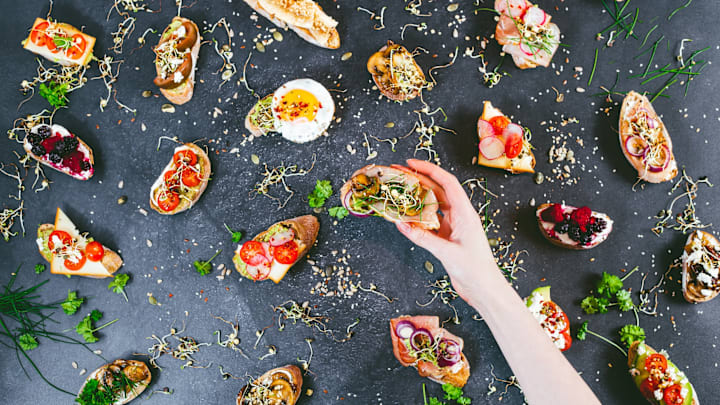Free food sometimes feels like a trap. Take too much and you risk spending the rest of the day wracked with guilt (or being publicly shamed for your greed), but take too little and you’ll think endlessly about that extra Kit Kat you could have had.
Finally, science has tackled this quandary. Research published in the BMJ looked at hungry medical workers’ behavior in a snack-filled room in which they are explicitly told, by a sign on the wall, not to take “excessive quantities” of hot drinks and/or cookies.
“Excessive” is obviously a nebulous term and open to interpretation by the hungry, thirsty, and hard-working, but the average figure given by respondents as to where the line of excess is drawn was 3.32 drinks in one visit. So, three coffees and everyone’s fine, but one in three people who see you take that fourth one will shake their heads in disgust.
Will power might just play a factor in how people react to freebies. When responsible for acquiring their own coffee, the average respondent consumed 3.04 cups—meaning an acceptable amount of free java to take in one go is slightly more than what you’d drink in a full day on your own dollar. “I have absolutely no self control when things are free,” one respondent admitted.
(It is worth pointing out that, for this purpose of this experiment, these were taxpayer-funded UK National Health Service coffees, which are not known for being large or tasty—so we’re not talking about a perfectly prepared 20-ounce mocha here.)
Cookie-wise, respondents determined that making off with any more than 2.25 “snack size“ packets was excessive—which is more than a whole “unit“ fewer than the acceptable number of free coffee.
The figures given were per visit to the snack room, which suggests the next area of research should potentially be frequency of visit—because three coffees every 45 minutes is a whole new world. But excess is ultimately in the eye of the tea-holder. If a few sneaky bites of cookie are what keeps an overworked nurse from totally losing it, or a bonus coffee helps an emergency room doctor more easily get through a trying 20-hour shift, it is doubtful anyone would hold that against them.
